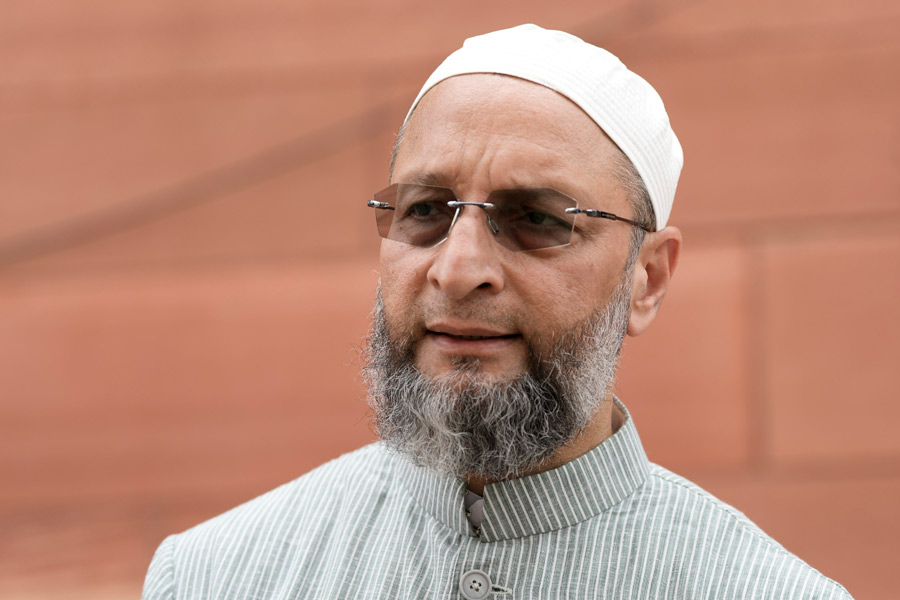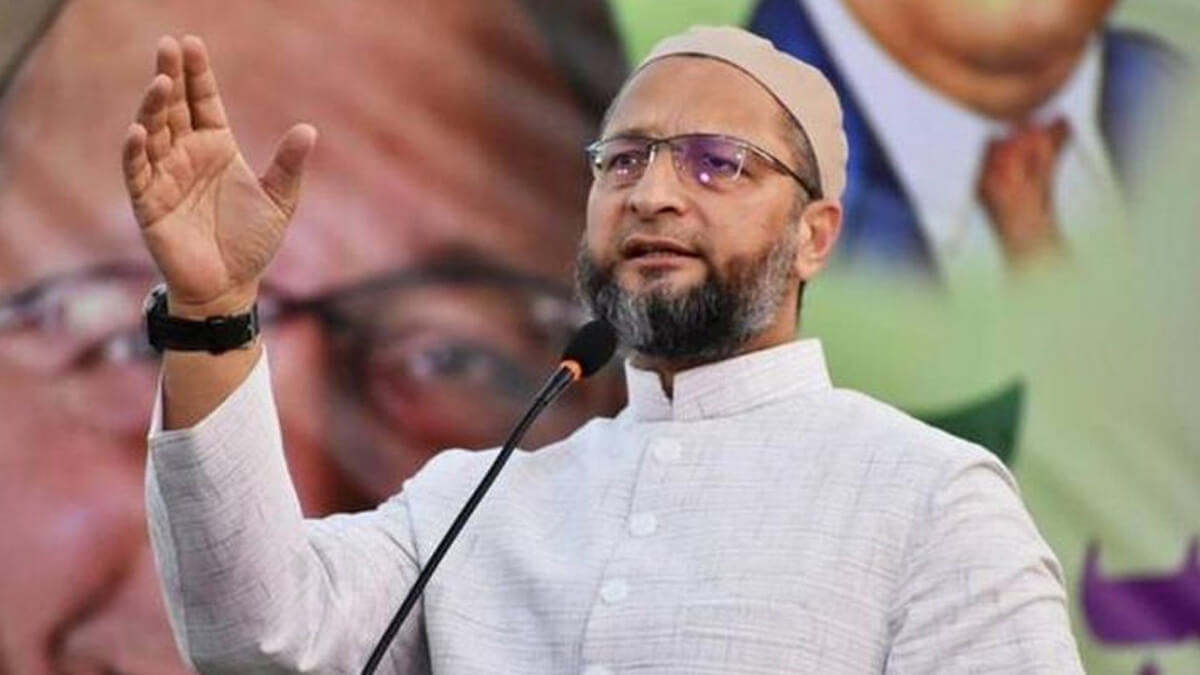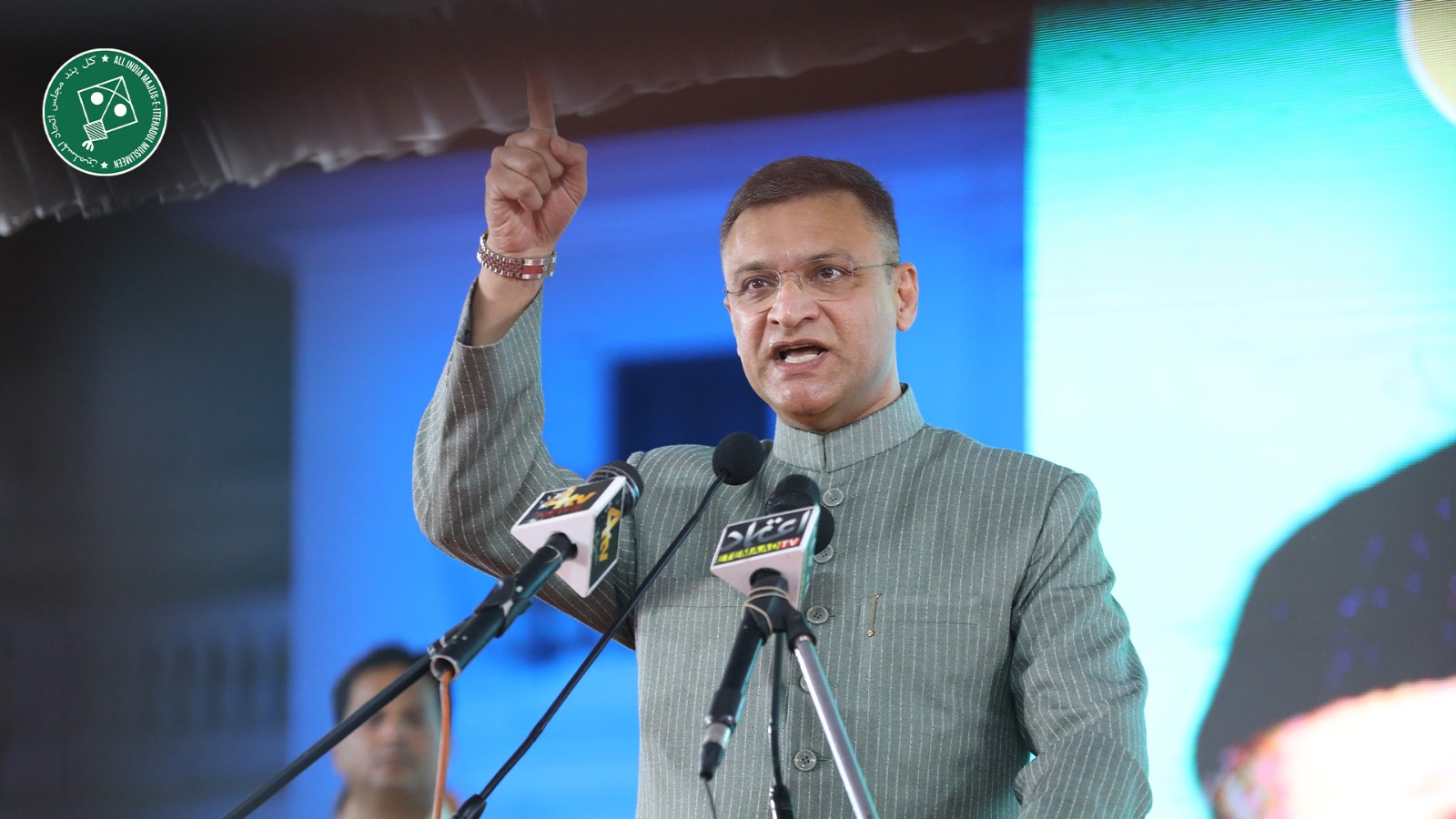SC refuses anticipatory bail for Chidambaram
Thu 05 Sep 2019, 12:18:02
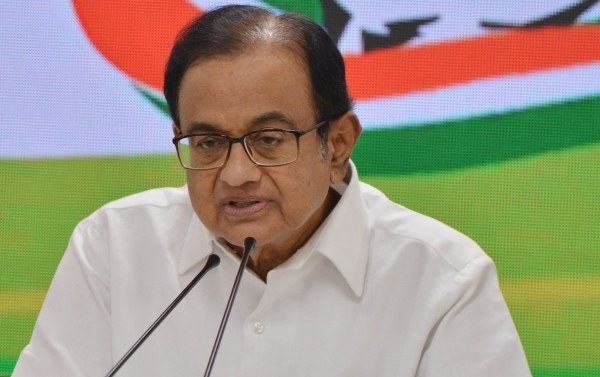
The Supreme Court on Thursday refused to intervene against a Delhi High Court order to protect former Union Finance Minister P. Chidambaram from arrest by the Enforcement Directorate (ED) probing money laundering charges against him in the INX Media case.
In a short order, a Bench of Justices R. Banumathi and A.S. Bopanna said anticipatory bail could not be expected as a matter of right, especially in economic offences. Courts had to provide anticipatory bail sparingly.
As an after-effect of the dismissal of his plea in the ED case, Mr. Chidambaram chose to withdraw his appeal challenging his arrest and remand in the CBI part of the INX Media case.
Mr. Chidambaram is currently in CBI custody. He is due to be produced before the trial court for remand hearing. He has completed 15 days in CBI custody. He has applied for regular bail in the CBI court. If that fails, chances are he may be sent to Tihar Jail in judicial custody. With this apex court order, the road is also clear for the ED to arrest him.
In its decision, the apex court further upheld the investigating agency’s stand that an accused could not insist that he should be first confronted with the evidence placed in court to deny him anticipatory bail.
The court said this may run the risk of exposing the evidence.
The ED had argued that the “art of investigation” did not oblige it to reveal to Mr. Chidambaram the entire gamut of evidence collected during investigation in the INX Media case.
Solicitor General Tushar Mehta, for the ED, had told the Supreme Court that
complete transparency towards an accused, especially one so high-profile like the senior Congress leader, would have been an open invitation for him to tamper with evidence of money laundering. A tell-all policy in favour of accused persons destroyed cases.
complete transparency towards an accused, especially one so high-profile like the senior Congress leader, would have been an open invitation for him to tamper with evidence of money laundering. A tell-all policy in favour of accused persons destroyed cases.
Mr. Mehta said it was “preposterous and absurd” for Mr. Chidambaram to claim that only evidence he was privy to should have been shown to the Delhi High Court. Such an approach, if adopted, would affect other sensitive investigations into the Vijay Mallya, Mehul Choksi, Neerav Modi, Sharda chit fund and terror funding cases.
“It will result in disastrous consequences,” Mr. Mehta submitted on August 29, when the case was reserved for orders.
“The art of investigation is that we reveal only certain things. If we confront him with 15 money trails when he really has 30, he will do his best to wipe out the rest,” Mr. Mehta reasoned.
Mr. Chidambaram had argued that the Delhi High Court had refused him protection from arrest on August 20 solely on the basis of “material” handed over by the probe agency in a sealed cover “behind his back”.
Senior advocate Kapil Sibal, for Mr. Chidambaram, said the case was a classic example of how “sealed covers seal the fate of a man’s liberty”.
Mr. Chidambaram’s lawyers had questioned why he was not confronted with this material when he was questioned thrice by the ED on December 19, 2018, January 7 and January 21, 2019. They sought a transcript of the interrogation sessions of the three days.
No Comments For This Post, Be first to write a Comment.
Most viewed from National
Most viewed from World
AIMIM News
Owaisi hails SC order on Places of Worship Act
Dec 13, 2024
AAP Corporator Tahir Hussain joins AIMIM party
Dec 11, 2024
BJP-SP two sides of same coin: Asaduddin Owaisi
Nov 19, 2024
Latest Urdu News
Most Viewed
May 26, 2020
Do you think AAP will perform better in Delhi polls without alliance?
Latest Videos View All
Like Us
Home
About Us
Advertise With Us
All Polls
Epaper Archives
Privacy Policy
Contact Us
Download Etemaad App
© 2024 Etemaad Daily News, All Rights Reserved.

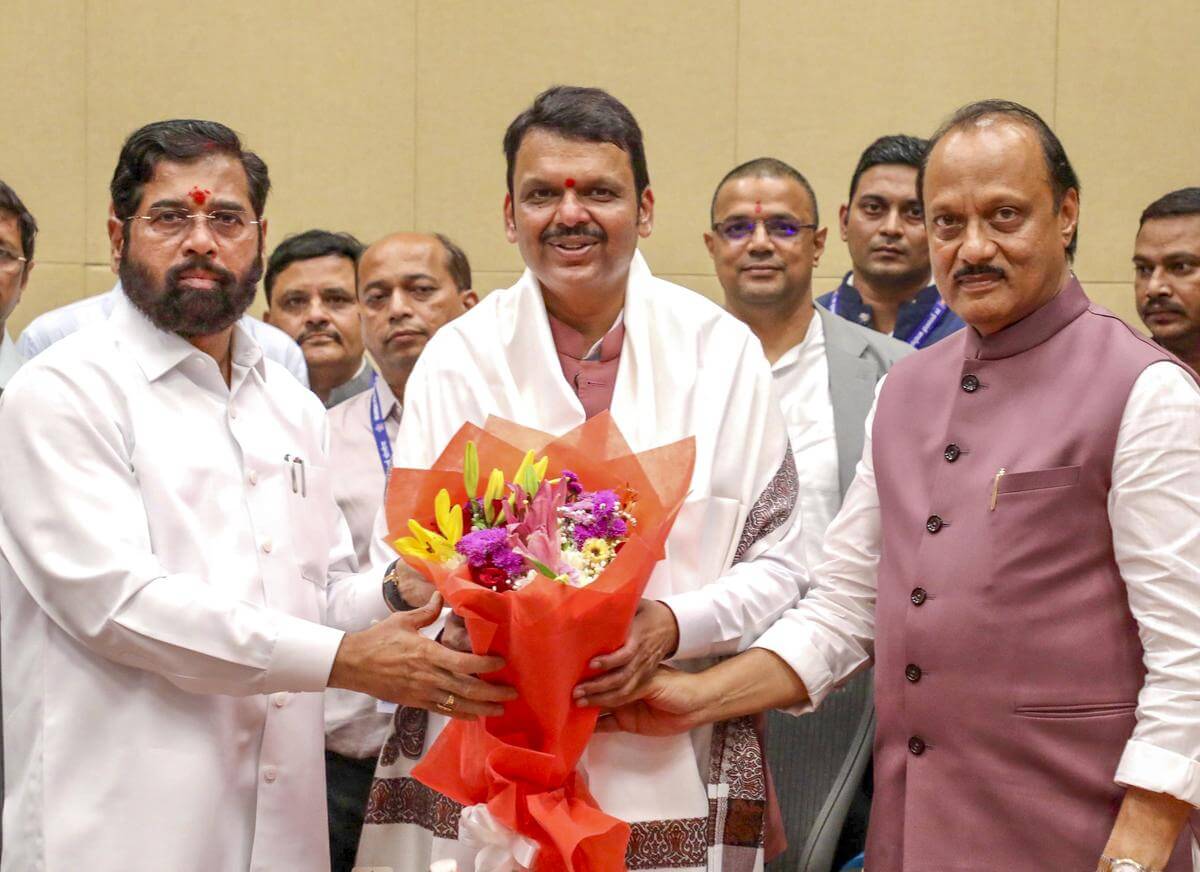
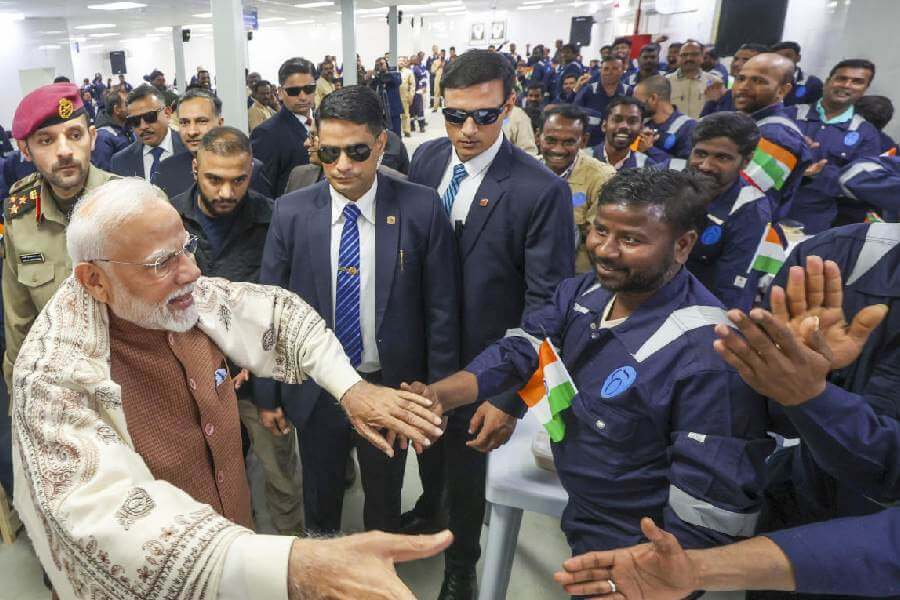
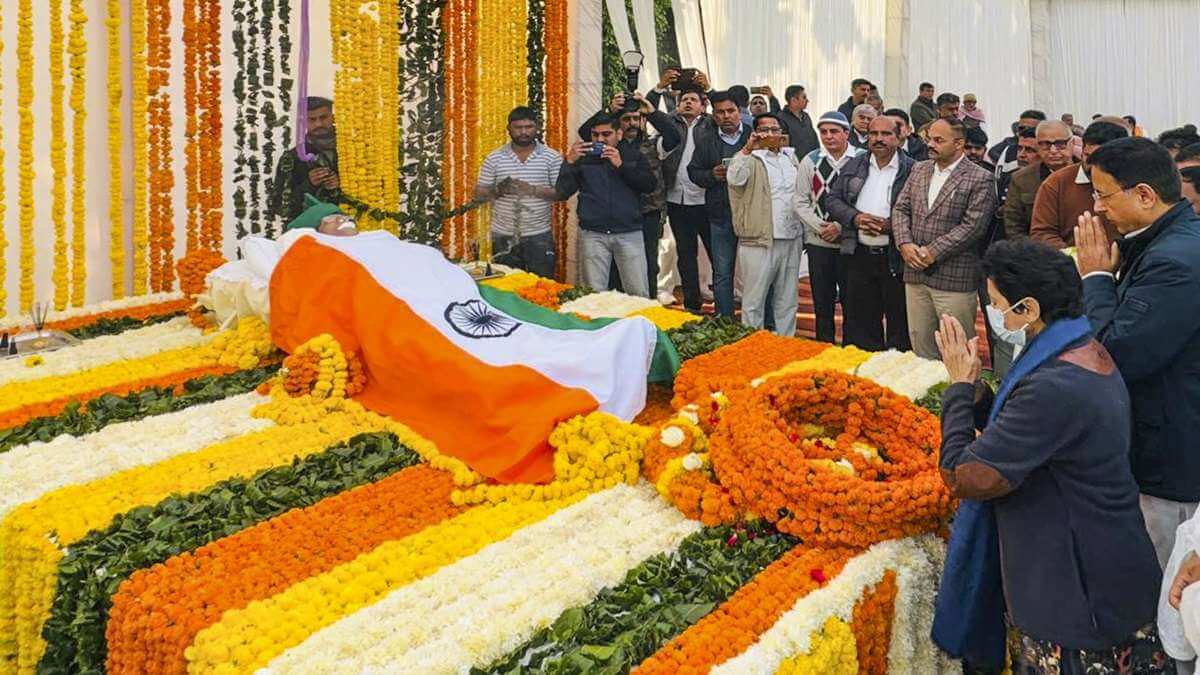
.jpg)
.jpg)
.jpg)
.jpg)
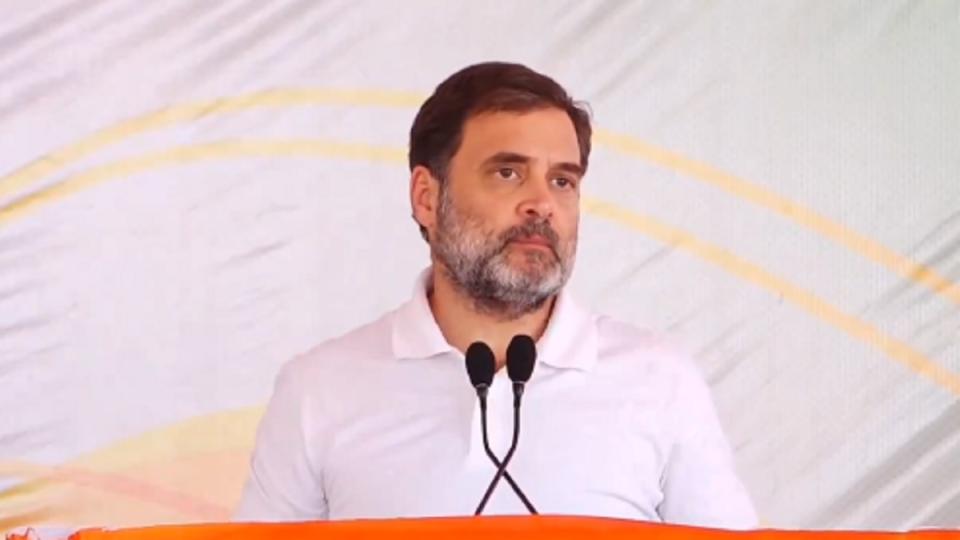
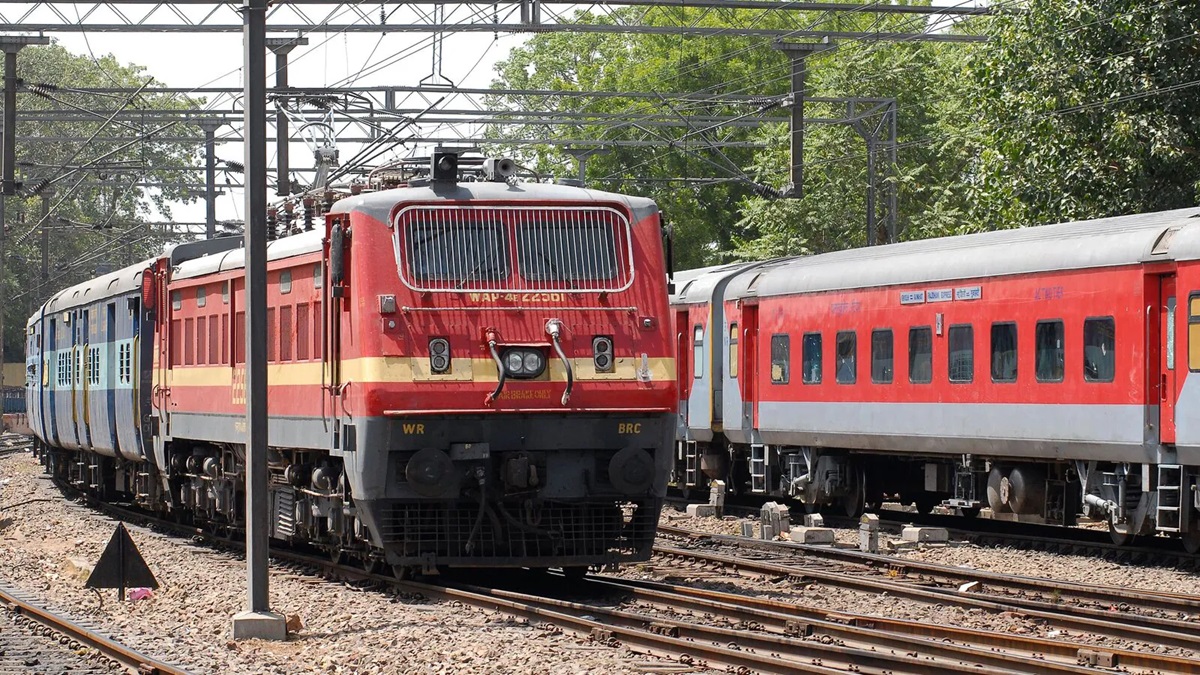
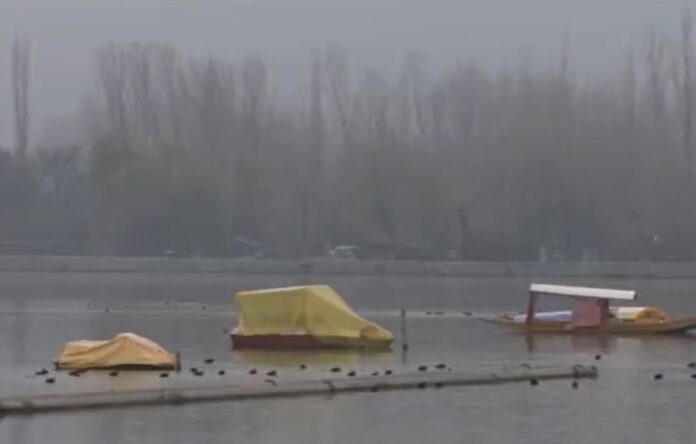
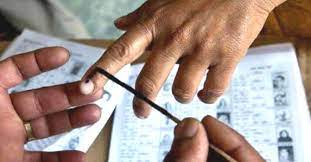
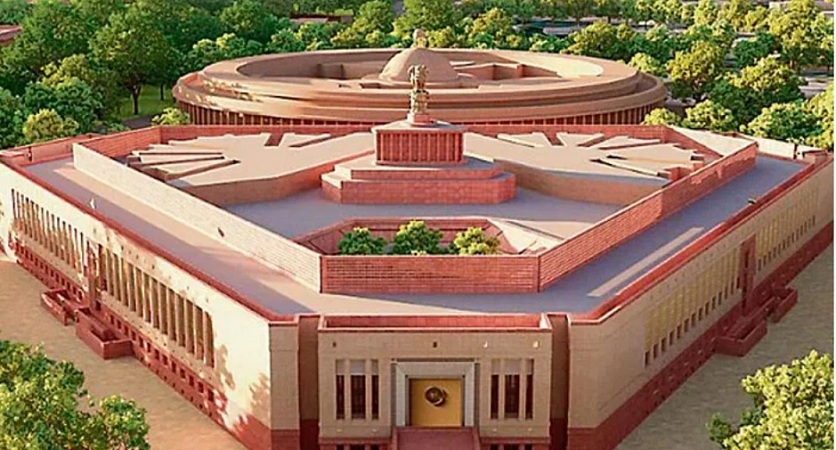

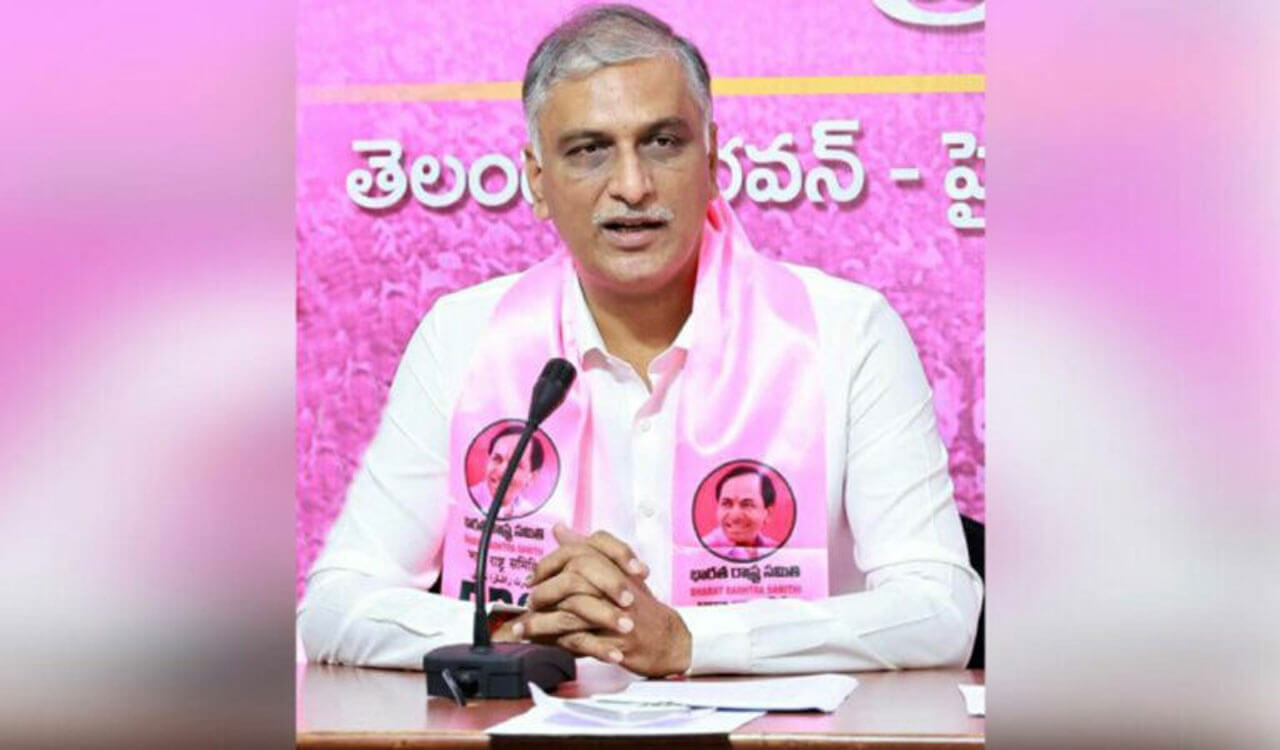
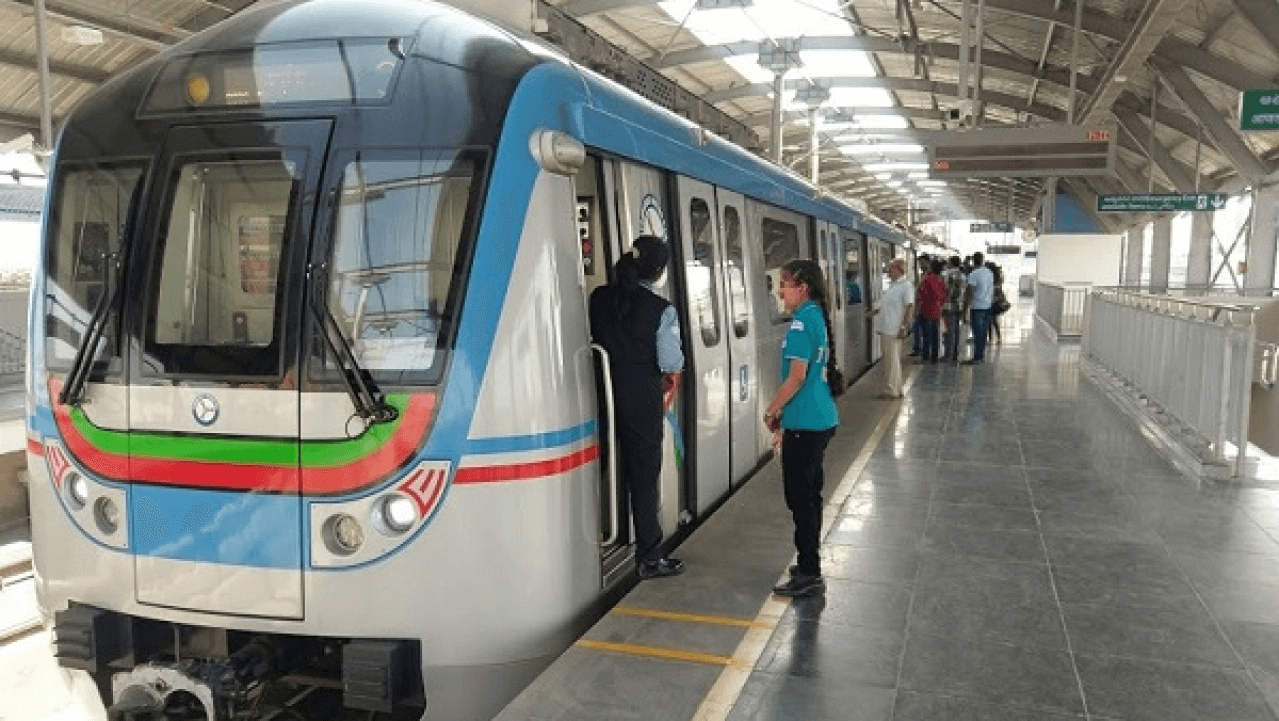
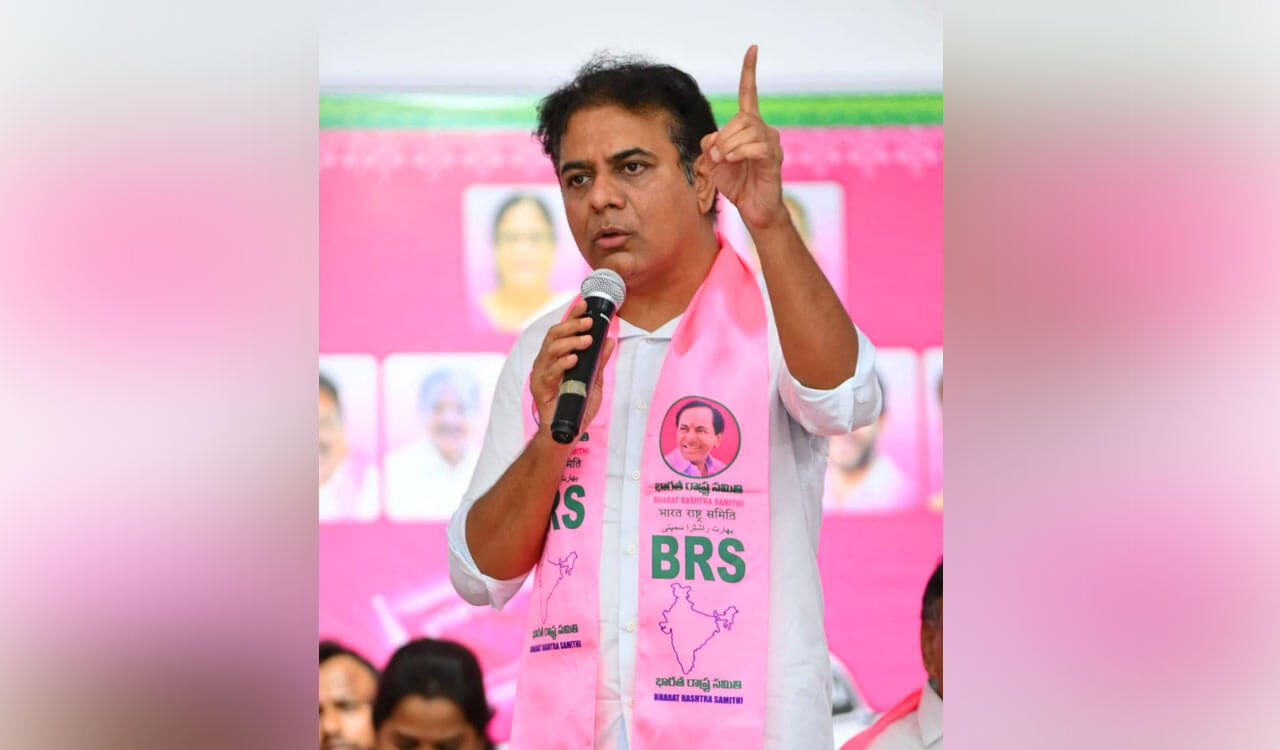
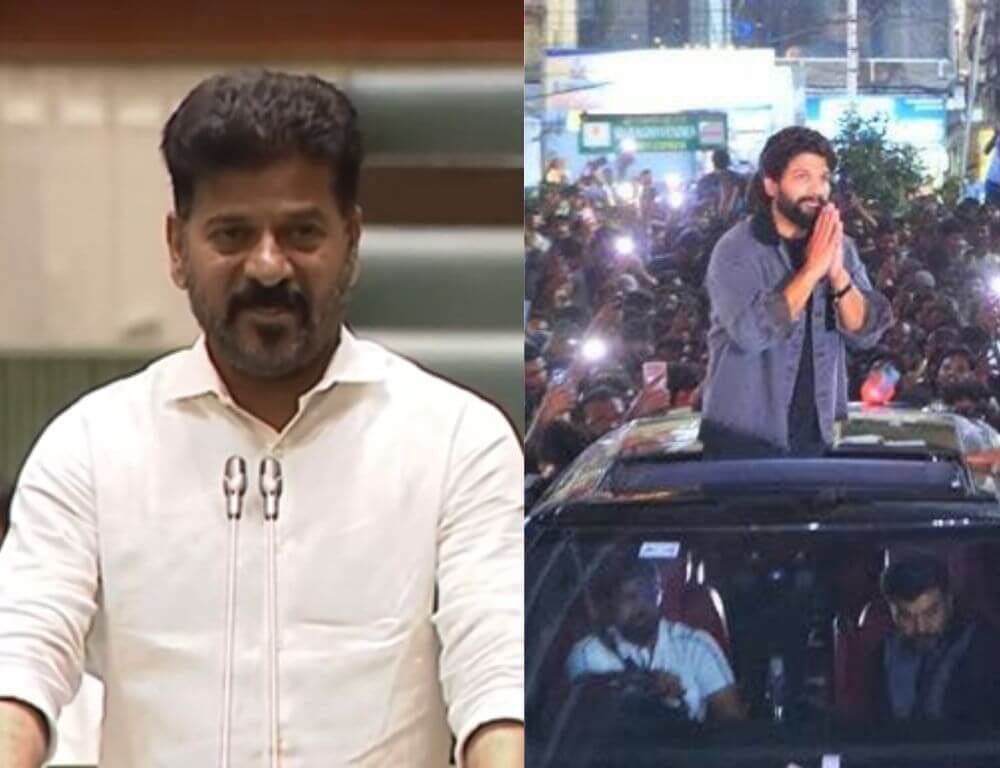

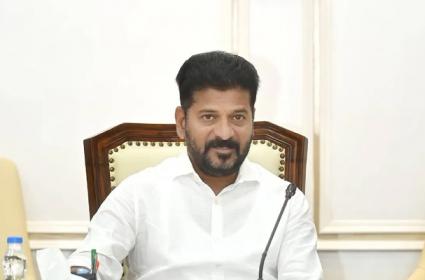
.jpg)
.jpg)
.jpg)
.jpg)
.jpg)






